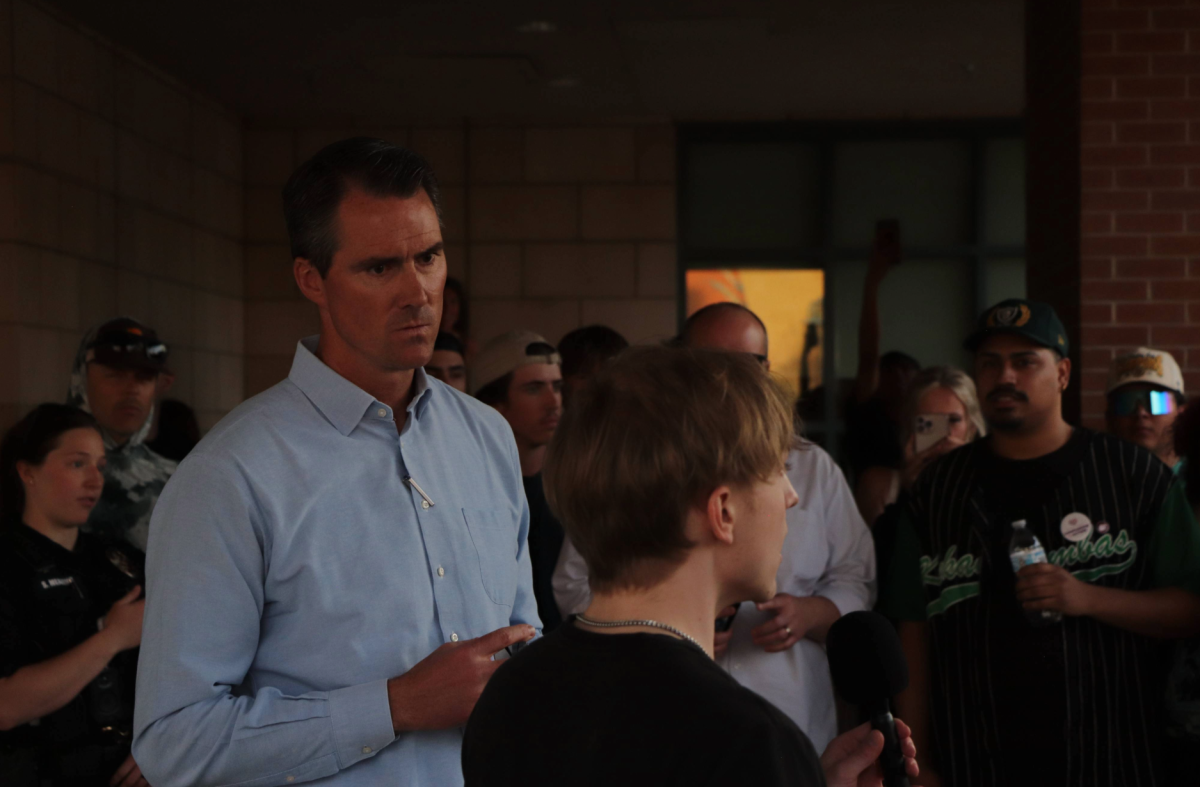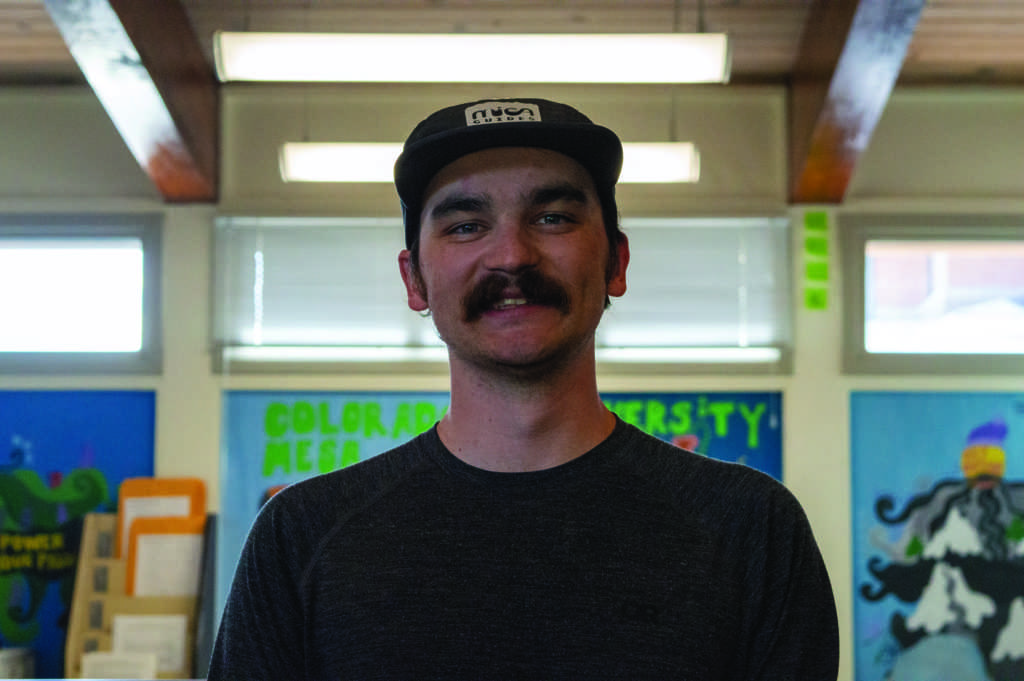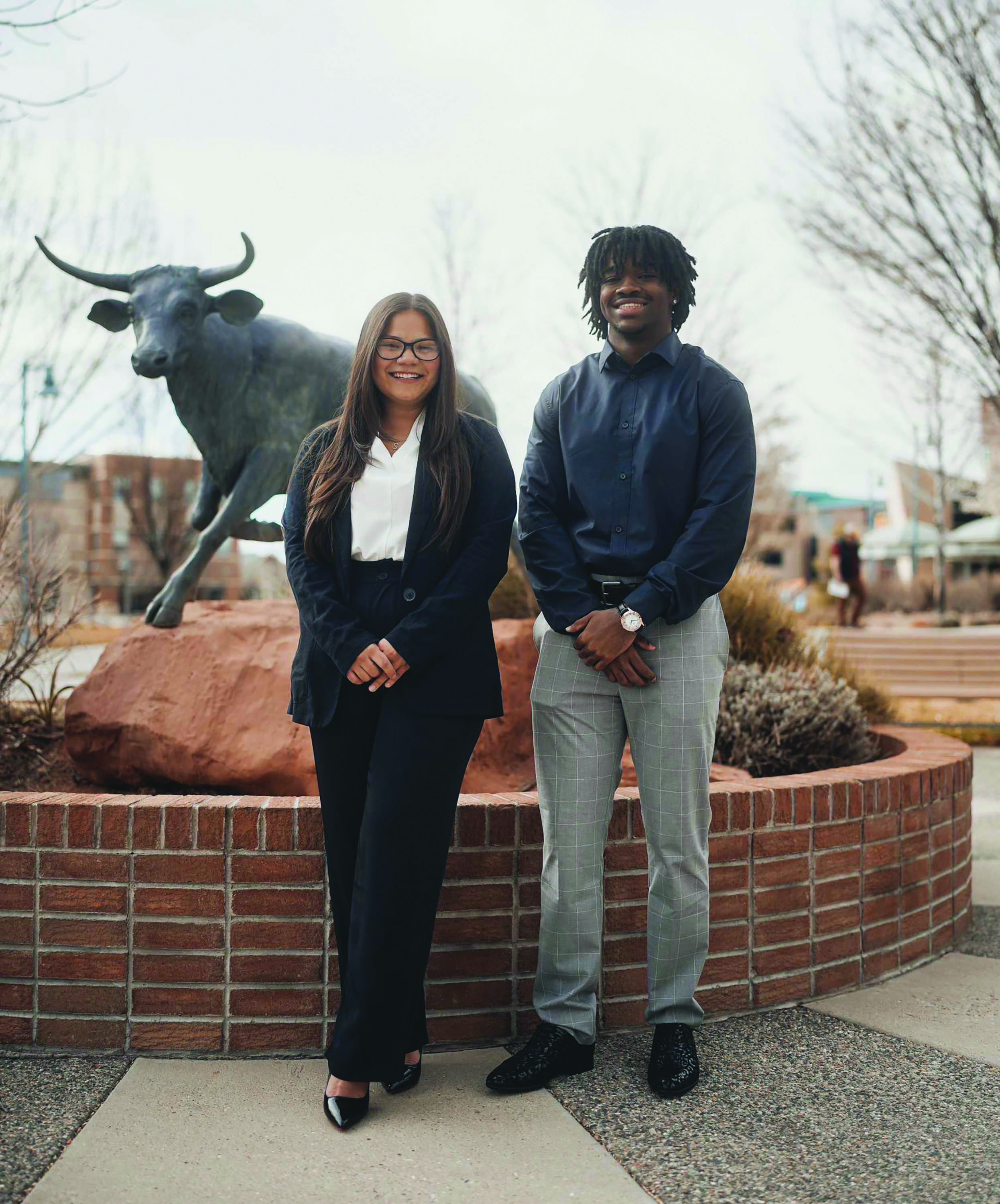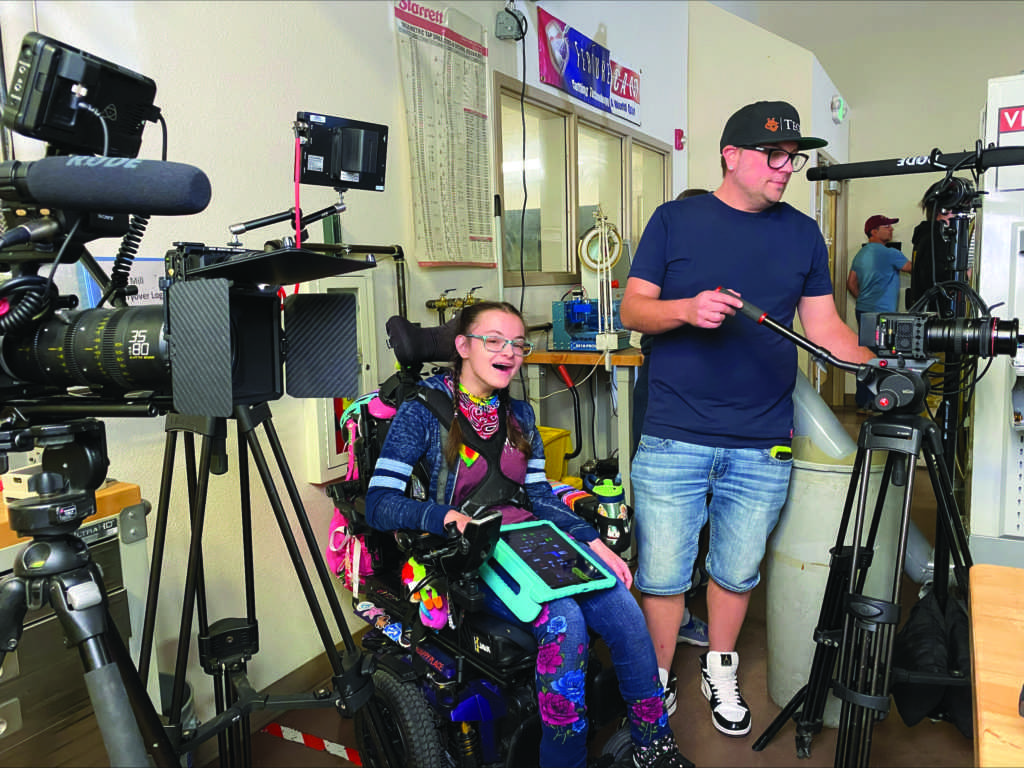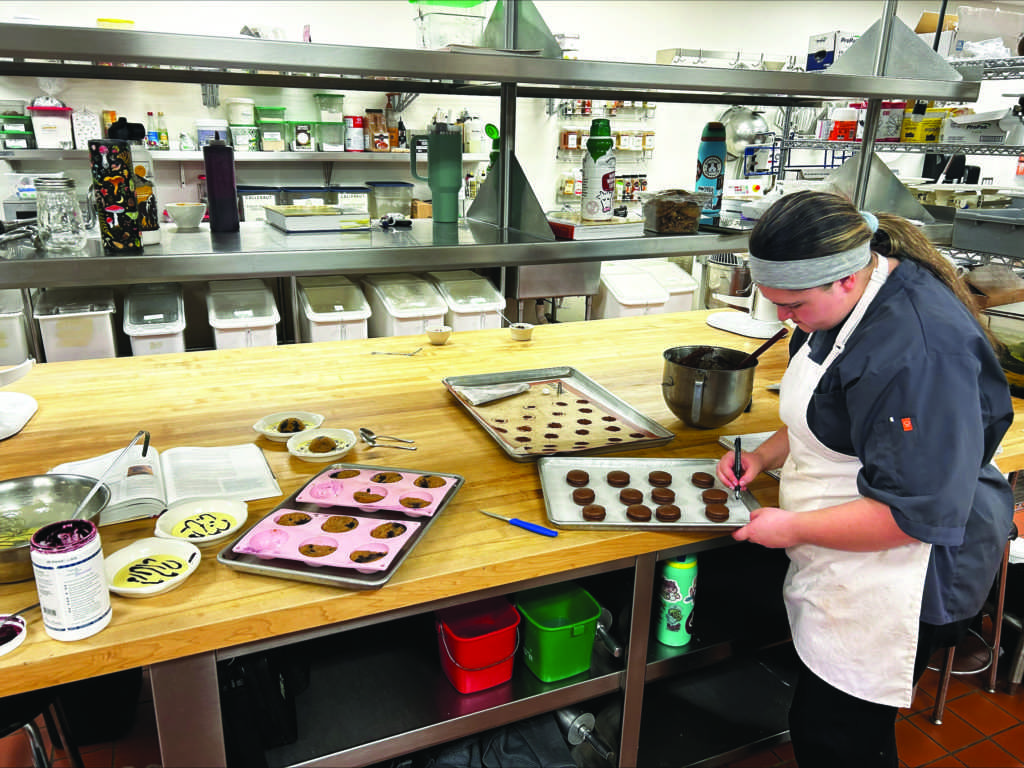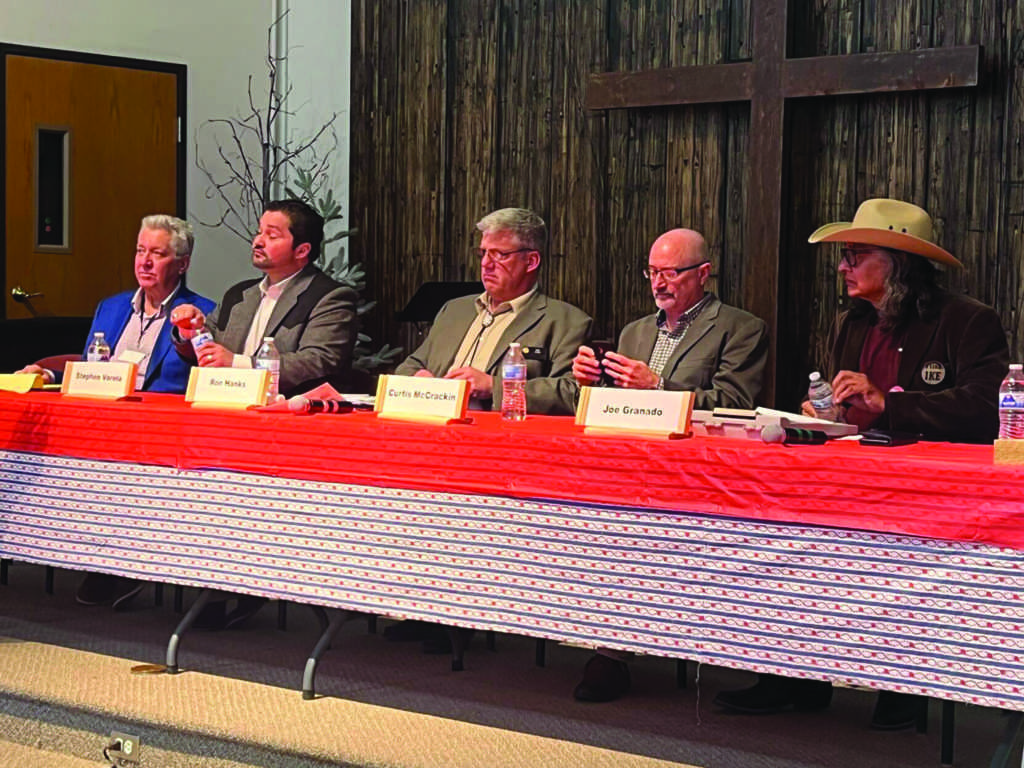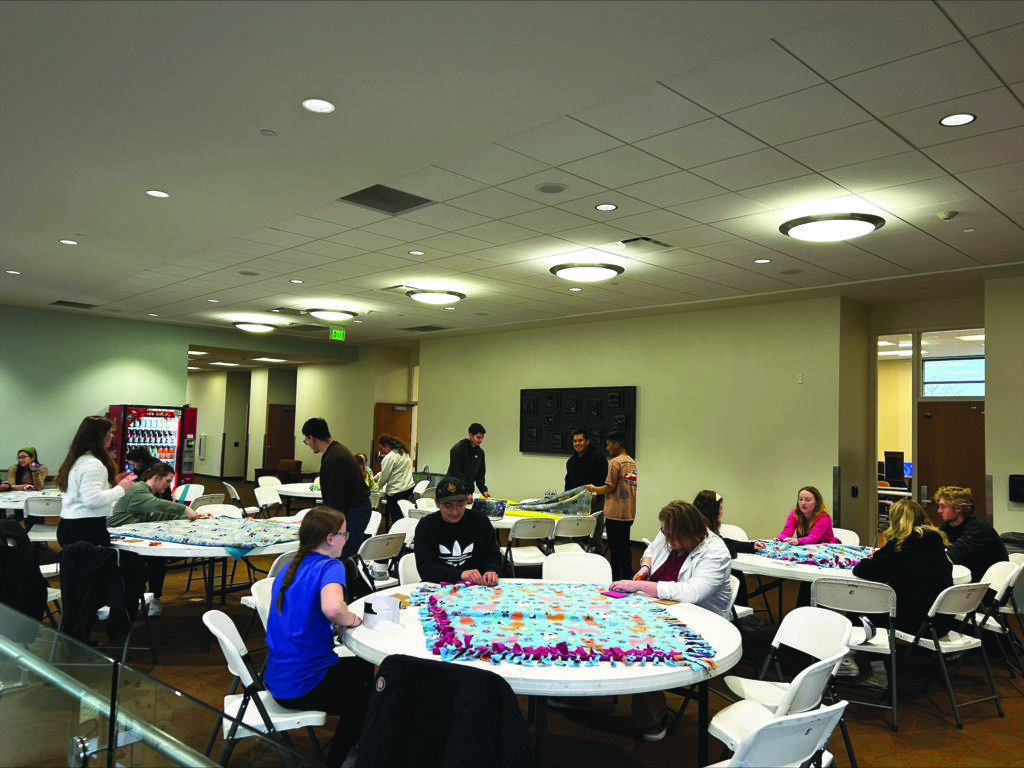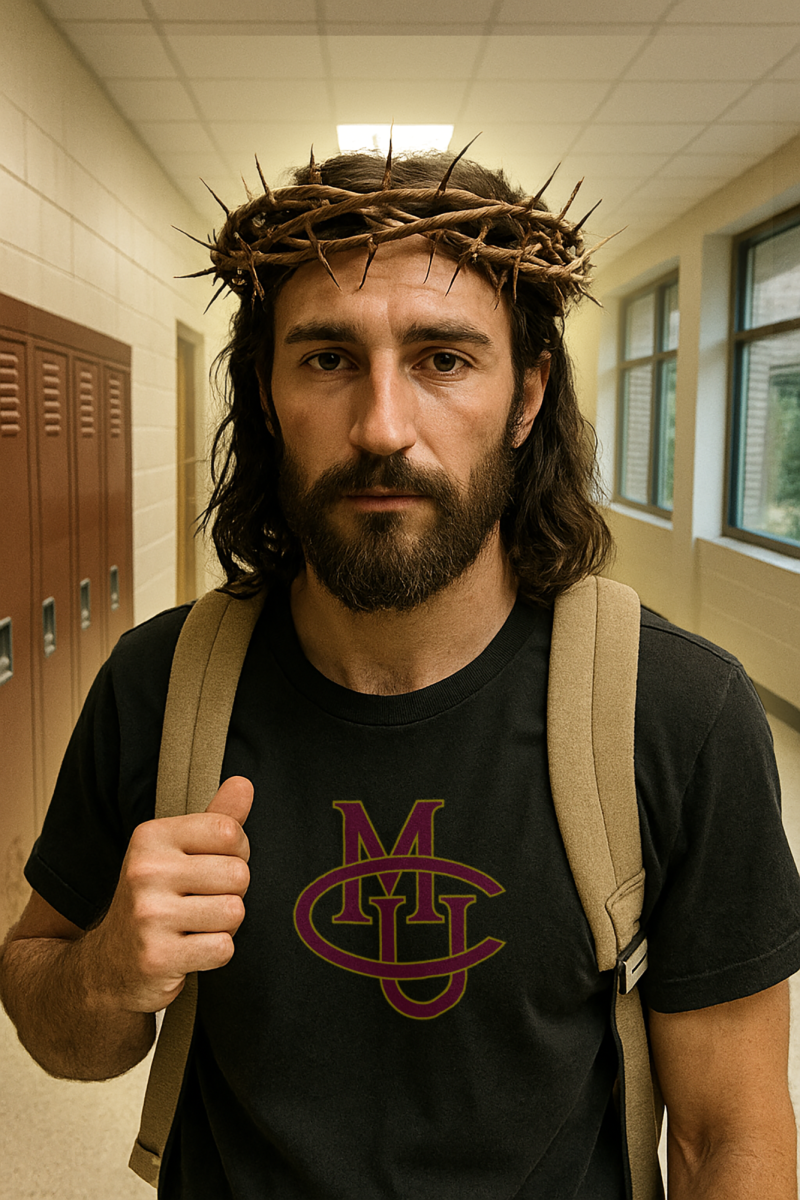A domestic violence (DV) community panel took place at Colorado Mesa University on Tuesday, shedding light on the process a person can take to escape from an abusive relationship.
The speakers on the panel were Sergeant Lonnie Chavez from the Grand Junction Police Department, Hilltop’s Director of Community Programs Jackie Sievers and Colorado Legal Services Managing Attorney Daniella Correa-Shively.
The guests on the panel walked the audience through the process. Sergeant Chavez started the discussion at 5 p.m.
“We have a very definite set of rules that we have to go by when it comes to domestic violence,” Chavez said. He explained the Mandatory Arrest Law.
“When we get evidence that a DV relationship is occurring and there is a crime involved in that, we have to arrest,” Chavez said. “That usually puts victims off because what’s the one thing they don’t want to do? They don’t want to get the perpetrator in trouble for fear of having more repercussions.” Chavez said that he sometimes refers people to Latimer House, a safe house provided by Hilltop.
Jackie Sievers, the Hilltop director of community programs, then spoke about Latimer House and explained that their confidential safe house is open to anyone in a domestic violence situation, regardless of sex, immigration status, or type of abuse case.

Courtesy of Latimer House
“We support people who have been impacted by domestic violence or sexual assault,” Sievers said. “We offer crisis response, stabilization services, as well as some restorative, preventative services.”
Sievers said that the type of abuse the victims have experienced doesn’t matter and that Latimer House’s services are open to everyone. Anyone can contact Latimer house at (970) 241-0324, or just walk into the office. Appointments aren’t needed.
Lastly, CLS Managing Attorney Daniella Correa-Shively spoke about the process of getting legal help in a domestic violence dispute. “CLS does have a very unique system of application and acceptance and providing services,” Correa-Shively said.
The case management system is purely application based, however, meaning that people can’t call the firm and ask questions about hypothetical cases, as it’s a matter of confidentiality.
Also, according to Correa-Shively, their resources are limited to a handful of attorneys, so there’s no guarantee that applicants get in.
“Unfortunately, we reject a lot of applicants,” Correa-Shively said. “We can’t help every single person who walks through our door.”
More information on Colorado Legal Services can be found at www.coloradolegalservices.org.
Through the question and answer session of the panel, the guest speakers said that any incidents involving minors with the GJPD will also include Child Protective Services. Chavez explained that this could be an avoidable step if the victim is close to being eighteen years old.
Chavez also explained that, in the hypothetical case of a restraining order filed between two students on campus, the restraining order receiver would be unable to register for any classes with the restraining order filer, and that the receiver may not even be allowed to come back to school at CMU.
The process of dealing with student restraining orders goes through Student Services Vice President John Marshall and Director of Campus Safety and Student Conduct Pua Utu.
The panel concluded with the handing out of free bookmarks and informational sheets.



